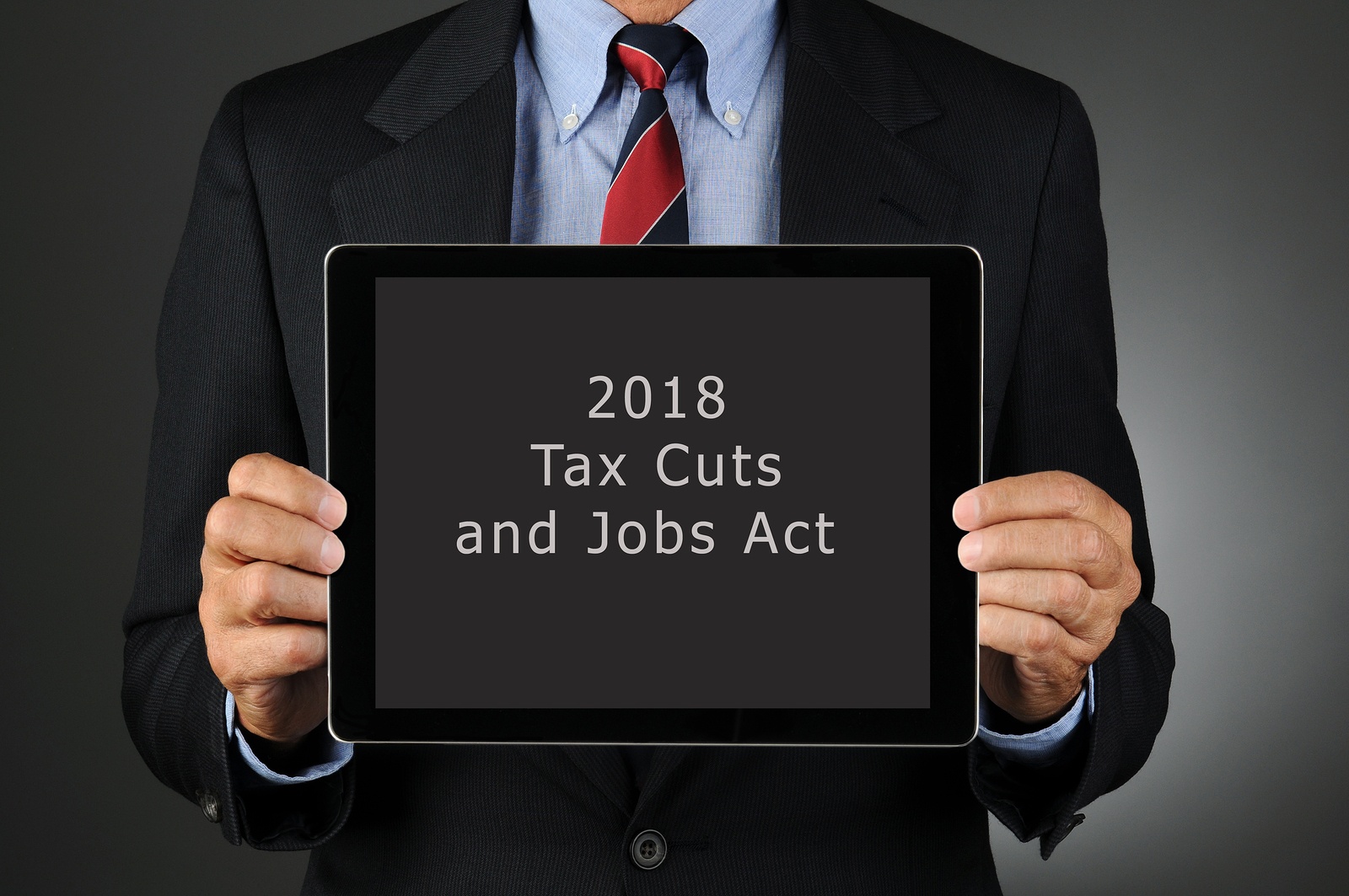The true key to building wealth lies in building assets. Regardless of how much money you make, you can start converting your income into assets using tax strategies. The system is set up to go after income instead of wealth. The tax code offers incentives for asset building and your tax professional can advise you on the tax efficient strategies available.


The last quarter of any year is a busy one for anyone who wants to get a jump on tax planning and preparation. With holidays and shopping competing for your attention it’s easy to lose your focus on long-range financial planning. However, for those who can set aside time to review their finances, the advantages gained are many.

Today young workers are encouraged to start savings and asset building strategies as early as possible. A valuable asset to most individuals is their retirement account. A common question is whether to choose a traditional (tax-deferred) or a Roth option.

Summer is the season for tax audits. You may have forgotten all about the tax preparation process of last winter. Realistically, the chances for an individual audit are low - around 0.6 percent or about one in every 160 returns. However, tax preparers advise that it’s important for their clients to be aware of the triggers. Here are some of the things that the professionals pay attention to as they prepare your tax return:

The true key to building wealth lies in building assets. Regardless of how much money you make, you can build wealth over time through assets. Some people think that putting money in a savings account is as good as making an investment. However, it is impossible to build wealth if you just have money in a bank account. Bank accounts have low-interest rates, so you will barely make any money. On the other hand, your money works for you when you invest it.

Not sure what to make of the Tax Cuts and Jobs Act signed into law by President Trump in December 2017? Most of the changes will go into effect January 1, 2018. But, you won’t file your federal tax return for the 2018 tax year until 2019, giving you time to understand how the changes will affect you. In the meantime, here is a quick rundown on some of the changes brought by the new tax law:

If you’re in your late 40’s or even early 50’s and don’t have a plan for retirement – that is, how to support your post-work lifestyle – it’s not too late. For those who didn’t start saving for retirement earlier, there are strategies for “catching up.” Here are some questions to guide you:

When most of us think about medical emergencies we focus on the cost: is our health insurance adequate to cover the needed treatments. Our concern centers on premiums, deductibles, and co-pays. The potential for tax advantages is another element to consider. Two health care plans - Health Savings Account (HSA) and Flexible Savings Account (FSA) – reduce income tax liability. Both of these accounts let you pay less taxes and save on health care expenses.

When you're starting out - new career, new location, new relationships - you probably get lots of advice about planning for your future. Sure, you're fully engaged in budgeting your income and thinking about lifestyle priorities. Still, it's a good idea to start working with a personal financial advisor to develop your long-term financial plan. That comprehensive plan will include, at the least, savings and investment, an emergency fund, debt elimination (student loans), retirement, and income protection (life insurance).

Most people look forward to retirement. For some, it will be a time to travel and spend time with family members. For others, it will be a time to start a new business or begin a charitable endeavor. Regardless of what approach you intend to take, you will need retirement income to support your lifestyle. Many people depend on multiple sources of retirement income. Here's a quick review of the six primary income sources:




